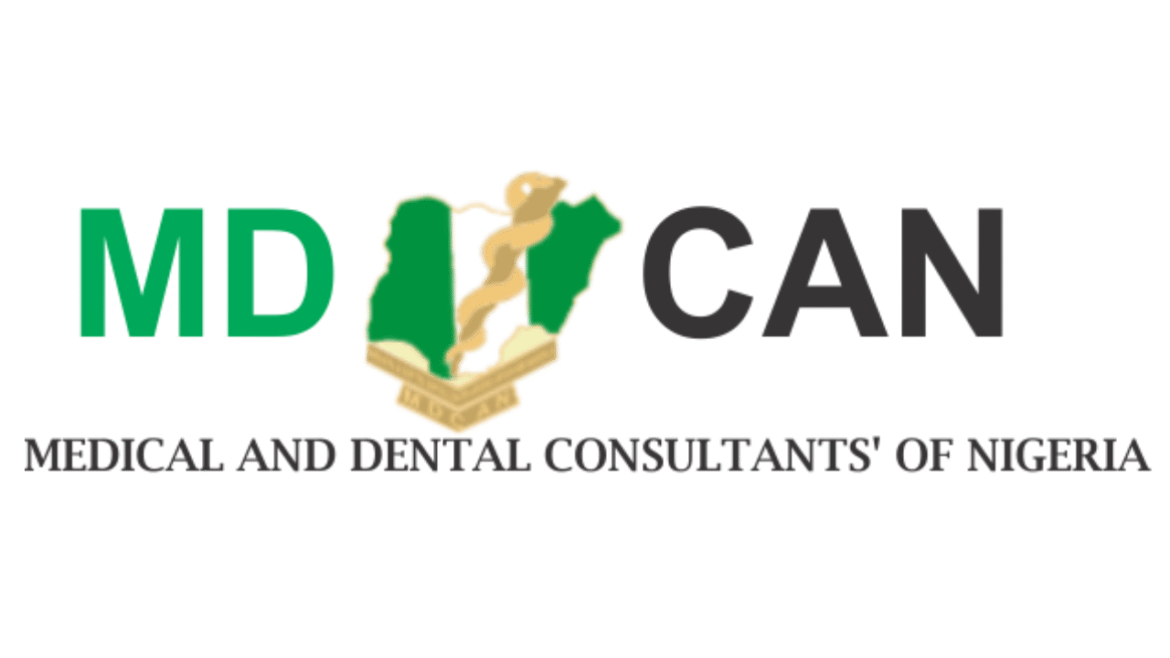Abia State Governor, Alex Otti, has restored electricity to 33 communities in Ukwa West Local Government Area, ending nearly nine years of power outage in the oil-producing area.
The power restoration project was carried out by the Abia State Government through the Abia State Oil Producing Area Development Commission, under the supervision of the Ministry of Power and Public Utilities. The project fulfills a commitment made by the governor to the affected communities in March 2025.
Speaking at the power switch-on ceremony held on Monday at Central Primary School, Obehie, Governor Otti recalled his earlier pledge to return electricity to the area. He also confirmed that Mr Promise Onwukwe, whose case he had promised to look into, had been reinstated.
The governor arrived at the event aboard the newly launched Abia Green Shuttle electric vehicle bus, accompanied by members of his cabinet.
Otti urged residents of Ukwa West to safeguard the electricity infrastructure and prevent vandalism, stressing that the protection of public assets was a collective responsibility.
“I believe that we have a responsibility to protect what is in our community. Nobody can do it better than you,” he said, adding that acts of vandalism are often carried out by individuals within the communities themselves.








